Of all the consumable nuts available, my favorite is pistachios. Because of this I thought I would examine the top 5 health benefits of pistachios.
Ancient history records the consumption of pistachios as far back as 7,000 BC. Both the Queen of Sheba and Nebuchadnessar, the king of ancient Babylon, considered this nut a royal food. And when you examine its nutritional profile you can see why.
(If you would prefer to view this information in a video format, then please click on my YouTube video below:)
One ounce of pistachios contains the following:
-
159 Calories
-
8 grams of Carbohydrate
-
3 grams of Fiber
-
6 grams of Protein
-
13 grams of Fat of which 90% are unsaturated
-
6% of the RDA for Potassium
-
28% of the RDA for Vitamin B6
-
21% of the RDA for Thiamine or Vitamin B1
-
41% of the RDA for Copper
This nutritional profile fuels the following 5 health benefits of pistachios. Read More →
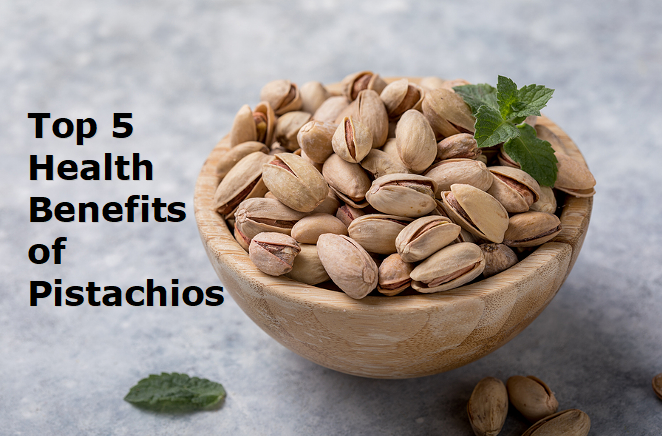
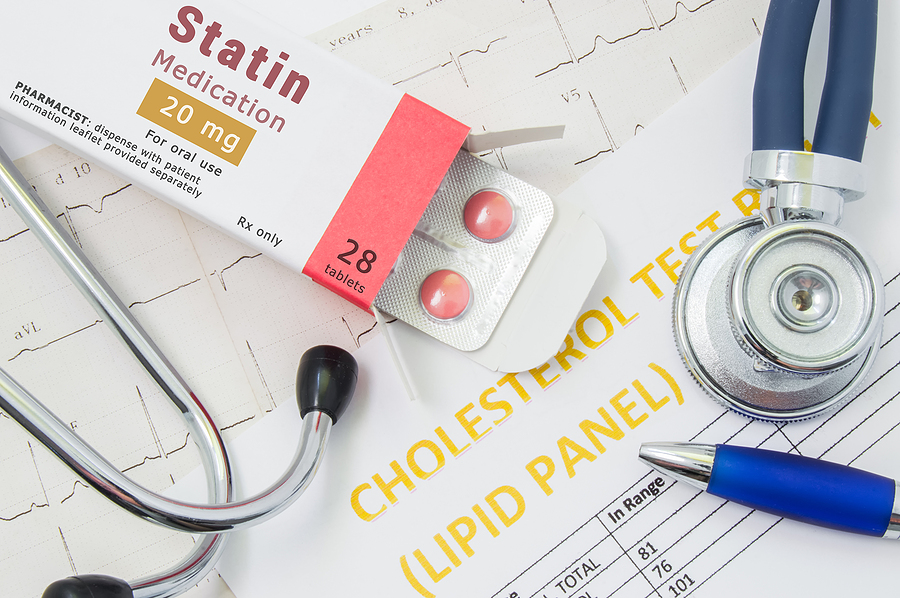
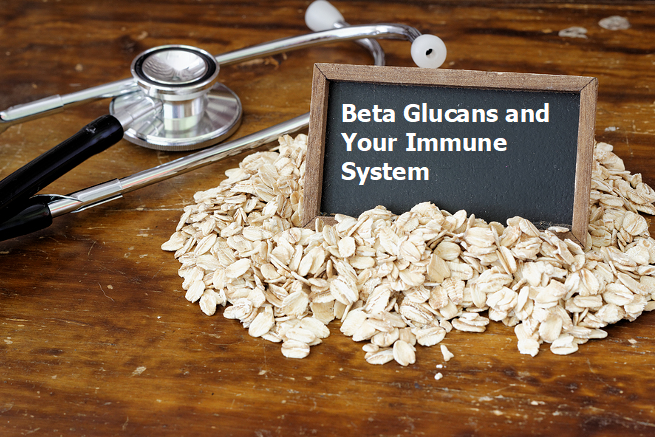

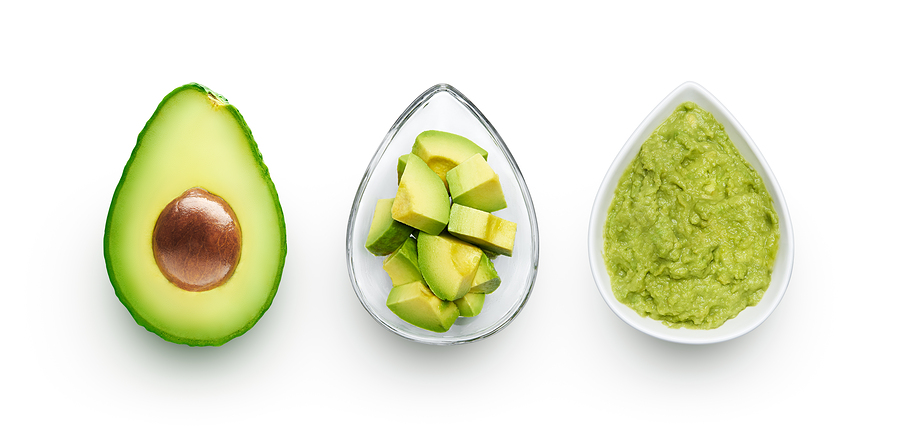

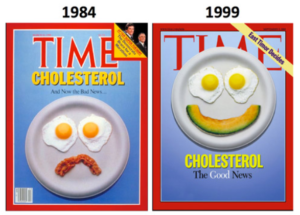 number.
number. 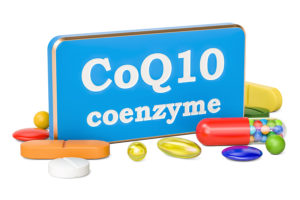 especially as it applies to the effects of statin drugs in interfering with your liver’s ability to naturally produce CoQ10.
especially as it applies to the effects of statin drugs in interfering with your liver’s ability to naturally produce CoQ10.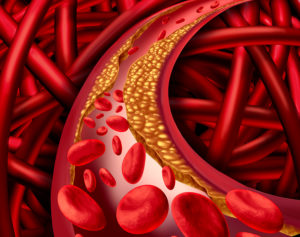 cardiovascular health issues is atherosclerosis.
cardiovascular health issues is atherosclerosis.  heard this word before.
heard this word before.